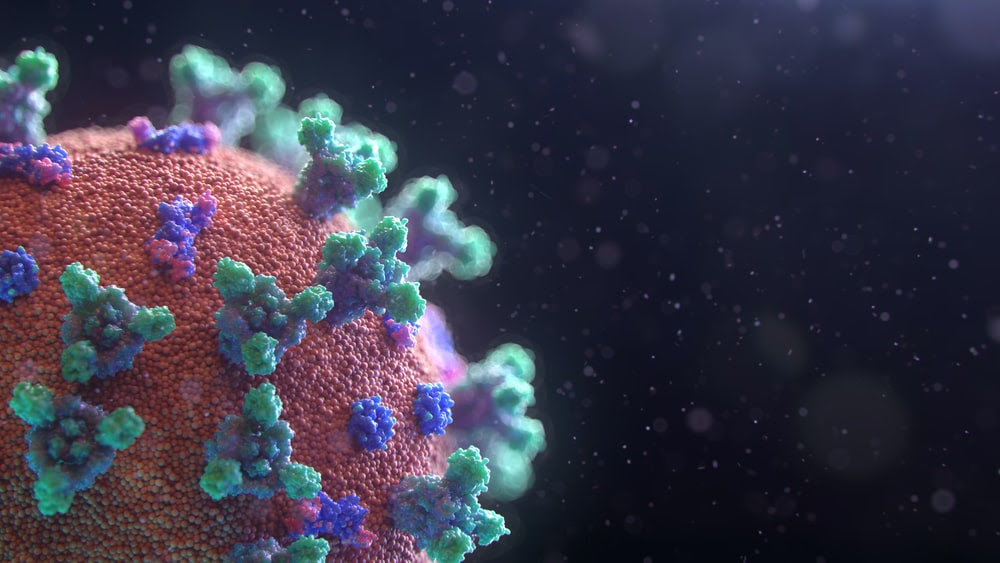The World Health Organization (WHO) has announced a new naming system for variants of Covid-19.
From now on the WHO will use Greek letters to refer to variants first detected in countries like the UK, South Africa and India.
The UK variant for instance is labelled as Alpha, the South African Beta, and the Indian as Delta.
The WHO said this was to simplify discussions but also to help remove some stigma from the names.

Earlier this month the Indian government criticised the naming of variant B.1.617.2 – first detected in the country last October – as the “Indian variant”, though the WHO had never officially labelled it as such.
“No country should be stigmatised for detecting and reporting variants,” the WHO’s Covid-19 technical lead, Maria Van Kerkhove, tweeted. She also called for “robust surveillance” of variants, and for the sharing of scientific data to help stop the spread.
Letters will refer to both variants of concern, and variants of interest. A full list of names has been published on the WHO website.
These Greek letters will not replace existing scientific names. If more than 24 variants are officially identified, the system runs out of Greek letters, and a new naming programme will be announced, Ms Van Kerkhove told STATNews in an interview.
“We’re not saying replace B.1.1.7, but really just to try to help some of the dialogue with the average person,” she told the US-based website. “So that in public discourse, we could discuss some of these variants in more easy-to-use language.”
On Monday, a scientist advising the UK government said the country was in the early stages of a third wave of coronavirus infections, in part driven by the Delta, or Indian variant.
It is thought to spread more quickly than the Alpha (UK; Kent) variant, which was responsible for the surge in cases in the UK over the winter.
Vietnam, meanwhile, has detected what appears to be a combination of those two variants. On Saturday, the country’s health minister said it could spread quickly through the air and described it as “very dangerous”.



Comment here